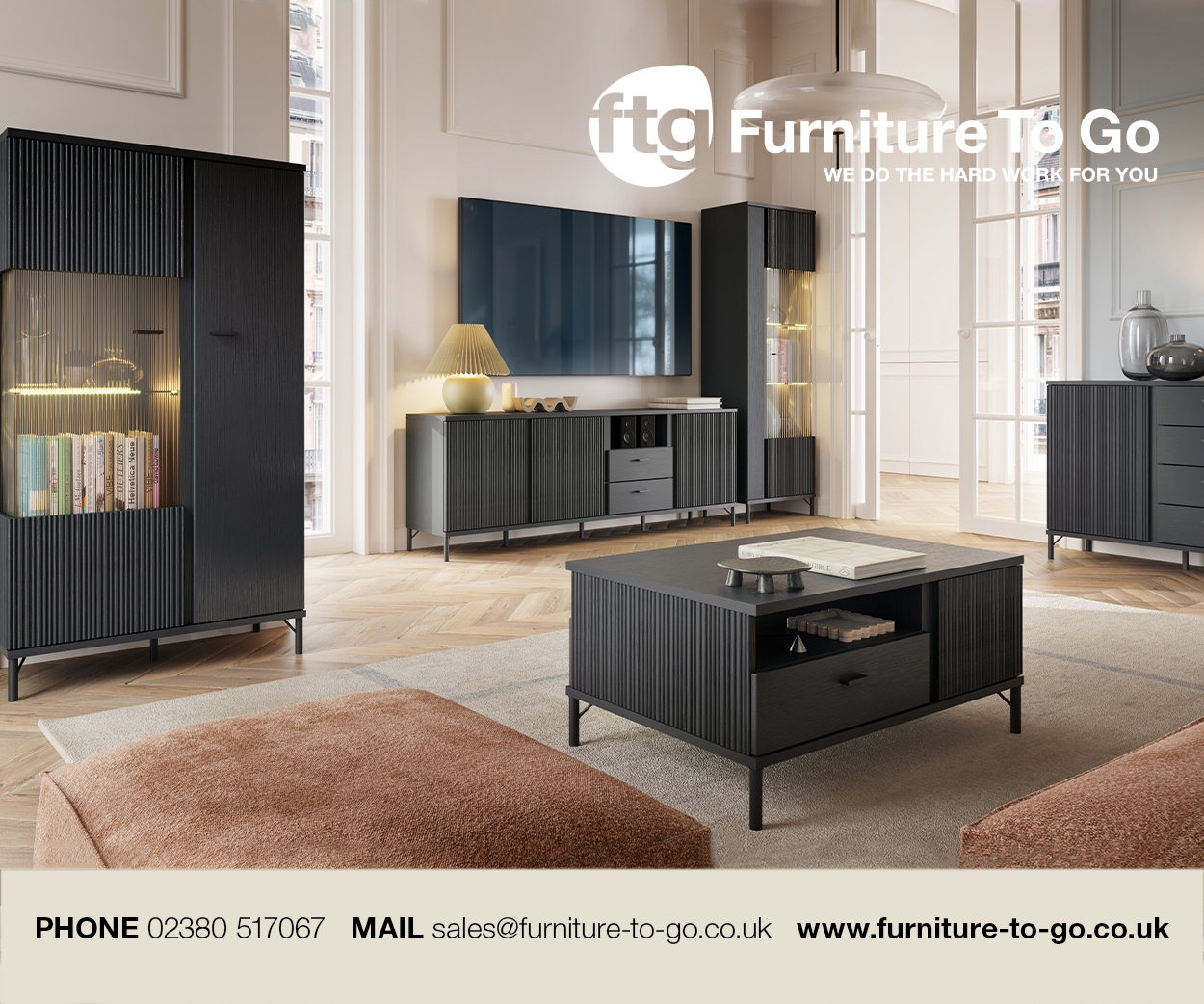At first glance, it’s easy to view Emma Mattress as just another bed-in-a-box brand hungry for a share of the UK market. Focused product offer? Check. Rapid online fulfilment? Check. One hundred-night guarantee? Check. But Emma’s DNA is fundamentally different, says founder and CEO Max Laarmann as the brand embarks on its first brick-and-mortar tie-up in the UK …
"I founded Emma Mattress at the end of 2015 as a subsidiary of Bettzeit – which also has Dormando, one of the first online mattress retailers in Germany, under its umbrella," says Max. "In December 2016, Bettzeit also acquired the well-established mattress brand, Dunlopillo Germany.
"There’s a natural synergy in sharing resources across different mattress brands – such as an ability to increase our R&D spending and invest in market-leading talent. However, Bettzeit is clear in how both brands are differentiated in terms of offering and route to market.
"We called the brand Emma because that’s one of the most popular and best-loved names across Europe, and it’s one that people can relate to.
"Before introducing Emma Mattress to the UK market the mattress had been a popular buy in several European countries including Austria, Switzerland, the Netherlands, Poland, Germany and France. It is currently the most awarded mattress in Europe, securing the top test scores in Spain, Portugal, France, Italy, and now the UK.
"Like many other others, the brand was born out of a consumer problem. Before, mattress buying was cumbersome and confusing to shoppers – and, when you took the long delivery times into account, it didn’t make for easy or seamless buying journeys.
"Using customer insight, we not only sought to make the buying process easier, more convenient and quicker, but also harnessed the science behind sleep to create a mattress that suits all body and sleep types.
"We felt that the market was sizeable enough to continue pushing across Europe. We also found that other brands were not investing enough in R&D and really offering the best mattress. We knew that if we continually invested in increasing mattress quality, whilst driving marketing efficiency, we would build a business and a brand equipped for the long-run.
"We currently offer two mattresses – the Emma Hybrid, a four-layered spring and foam mattress (and a Which? Best Buy 2017), and the Emma Original, our next-generation three-layer pure foam mattress (and this year’s winner of the Which? Best on Test 2018).
"Both mattresses cater for a wide variety of sleep types and target the majority of sleepers. We felt it helpful to provide customers with our two approaches to the one-for-all mattress – but always ensuring the quality is market-leading and award-winning.
"Bettzeit’s turnover in 2017 was €33m, and is forecast to hit €60m this year – and it’s actually on track to surpass that goal. To date, growth has been organic, with an investment of only €5m. We are currently break-even at an EBIT level, and expect to turn a profit next year.
"Our R&D operation is highly advanced. Direct-to-consumer [D2C] brands like Emma Mattress have unparalleled access to consumers’ sleep feedback, and we ensure that the feedback loop is closed by continually collecting sleep data and feeding this directly into our R&D.
"Bettzeit invests heavily in this process, with a team of 10 engineers and textile designers in place to advance the sleep technology applied in each Emma mattress.
"The results speak for themselves – just look at our Which? accolades. Investing our focus and resources in product quality has helped fuel our growth – both top- and bottom-line.
"As an online retailer the company can incorporate direct customer feedback into its product roadmap, allowing it to drive product development quickly. Direct customer feedback is gathered online, allowing the R&D team to adopt continuous improvement strategies, and quickly drive product innovation that optimally maps to the sleeping needs of UK consumers.
"This has been shown with the creation of the Emma Hybrid, and the subsequent Emma Original, with its even better score. As a result of being able to fine-tune product, the Emma Original mattress has been named best product by independent consumer magazines in six European countries.
"Other bed-in-a-box brands have followed the path of fast-growth technology brands, and have looked to aggressively buy market share and reap the rewards later.
"However, the mattress market has a long customer purchasing cycle, which means that every customer acquisition should be profitable and sustainable. Our competitors’ strategy pins too much on building a brand unsustainably, with the hope that the brand will somehow pay for itself.
"We are concerned that some of our highly-unprofitable competitors are overselling and under-delivering, and causing a bubble in the market. Emma Mattress has been very careful to acquire every customer profitably and to not only chase top-line growth, but to do so while maintaining a sustainable bottom line.
"Our business success and competitor differentiation rests on two pillars – product quality and marketing efficiency. We believe this is a more lasting strategy for creating superior products and a brand people trust.
"Coupled with given our comparatively small funding, our strategy might seem less aggressive – but we have outgrown almost all our competitors by sticking to it.
"Like any fast-growing start-up, Emma Mattress has faced challenges and barriers to growth, such as developing quality products that utilise innovative new materials and production techniques while penetrating a highly-competitive, price-sensitive market.
"Emma Mattress currently has two patents pending, as part of its drive to develop an innovative ergonomic mattress structure that meets the needs of different body and sleep types.
"We anticipate some consolidation in the market very soon. We hope that after seeing the first significant dropouts, investors will appreciate that, yes, online mattress companies can fail – but because of poor management, but not because the overall business idea of selling mattresses directly to the consumer is not profitable or scalable.
"By the end of June this year, Emma Mattress had sold 250,000 mattresses – many more than almost any major competitor – and achieved this with only €5m equity raised, which is substantially less than our major competitors.
"We’ve now gone into partnership with DFS – they are going to sell the Emma Hybrid online and across their 95-strong physical store estate. Over the coming months, new in-store PoS displays will be rolled out in selected stores, making DFS the first and only UK retailer to offer customers the chance to see and try out the Emma Hybrid mattress before placing their order.
"Alongside that, we have lots of exciting plans for growth in the pipeline …"







